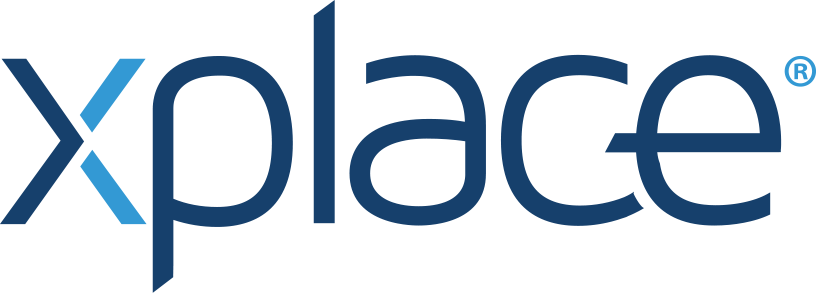What should you look for in a CRM for your consulting firm, and how can you use it to better sales and business development?
As a Perfex Consultancy Services, clients are the lifeblood of your business. It’s not just about acquiring them, you also need to make sure they’re delighted enough by your services to retain them.
However, if you have a piecemeal sales process without a clear view of all the deals in your pipeline, you won’t achieve the best results. If you’re using a hodge-podge of Excel spreadsheets and documents to track deal flow and new leads you could be missing out on dozens of opportunities—which means missing out on hundreds, if not thousands, of dollars.
The solution to this mess? Get yourself a CRM system. In this guide, you’ll learn what you should look for in a CRM for your consulting firm, and how to use it to create a better sales and business development system.
Why you need a CRM for your consulting firm
As a consultant, you’re juggling several clients and prospects all at once. This means that, depending on the complexity of your service offering (and sales cycle), you need to stay in touch with opportunities regularly.
So how do you stay organized and stay at the top of your selling game in such a demanding job and growing industry?
When it comes to consulting, sales are involved throughout the customer journey, but you can separate this into two main parts:
New business: Opportunities that have come from your sales, marketing, referrals, or business development efforts
Client development: Upselling or cross-selling clients on further services and retainers
Keeping up on these two areas without an organized system can be daunting. First of all, as a consultant, business development exec, or account manager, you must know what activity you’ve executed with each contact.
Secondly, the process for each is different. If you’re not tracking your customers, clients, or leads properly, you risk missing an opportunity to bring in more revenue for your business.
This is where a consulting CRM can be invaluable. Let’s run through some of the common benefits and why you should pay attention to them.
1. Automated sales processes
Your firm needs new business for it to survive and thrive. If you can’t answer the following questions then you may have a sales process that leaves money on the table:
What happens when a new lead is referred/captured?
What’s our follow-up process?
How long is our sales cycle?
What are the common objections/questions we hear from prospects?
What are the individual sales stages in our sales pipeline?
With a CRM, you can automate many areas of your day-to-day activity. For example, when a referral is generated, you can notify your sales team and assign the lead to a specific rep or account manager.
2. Structured pipeline
Every organization relies on a sales process with specific steps along the way. For a consulting firm, these pipeline stages might include:
New lead generated
Discovery call
Solution development/proposal
Pitch
Negotiation
Contract
Deal won or lost
Using a CRM, you can map out each stage and keep a high-level view of where all your new potential clients sit within that pipeline. Here’s an example of how that looks in Perfex CRM:
As you can see, it’s clear where each opportunity lies within the entire process. This means you can forecast sales and capacity every month or quarter based on how close a lead is to closing.
3. Email templates
When dealing with several leads, you’re likely sending the same emails over and over again. Instead of writing them from scratch, use a CRM that allows you to store and send templates on the fly.
As you can see in the example above, the email is personalized with the recipient's first name and company name. But it also allows for further personalization where necessary, allowing you to amend certain areas of the copy.
4. Keep on top of sales activities
A common challenge for salespeople and account managers is keeping on top of all of the tasks that nurture leads and clients. It can be like spinning plates: without an efficient way of visualizing when one needs some attention, you’ll end up with shattered crockery.
Metaphors aside, a good CRM for consultants must include the ability to track and plan activities and tasks at every stage of the process. From the nature of the task to when it must be completed (and who must complete it), you’ll be reminded of what needs taking care of and when.
These features allow you to keep on top of everything you need to do over a week, month, and quarter. When a leader needs to follow up with you, you’ll know exactly when to do it.
5. Reporting & forecasting
Keeping your finger on the pulse of activities, opportunities, and results can be time-consuming. Especially if you’re copy-and-pasting all information into a spreadsheet.
A good CRM system will have all reporting and forecasting functionality built-in, allowing you to create high-level dashboards and in-depth reports on how well your sales function is operating. Here’s what a revenue forecast looks like inside Perfex CRM Software, which shows sales opportunities and potential revenue segmented by individual sales reps.
For someone looking to grow their consulting firm, having this high-level view will show you the health of your consulting business. It also helps you communicate progress and results with senior management, justifying where you place your budget.








 פרסום פרויקט
פרסום פרויקט


 התחבר עם פייסבוק
התחבר עם פייסבוק
 התחבר עם LinkedIn
התחבר עם LinkedIn